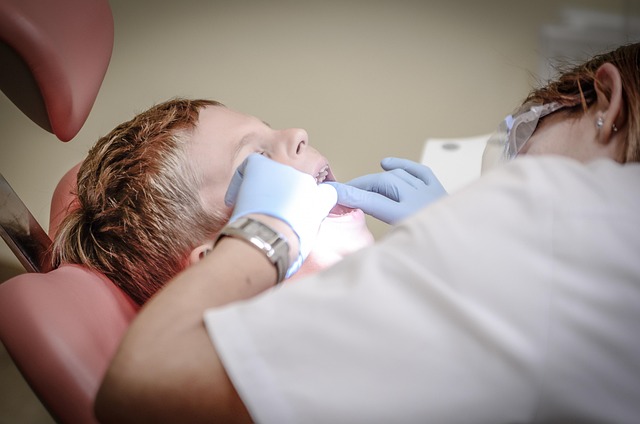Understanding Dental Insurance: Coverage, Benefits, and Costs
Dental insurance is a specialized type of healthcare coverage designed to help individuals and families manage the costs of dental care. From routine check-ups to major procedures, dental insurance plays a crucial role in maintaining oral health while providing financial protection against unexpected dental expenses. This article explores the key aspects of dental insurance, including its coverage, benefits, and associated costs.

-
Basic procedures: These include fillings, extractions, and root canals. Dental insurance typically covers 70-80% of these services after meeting the deductible.
-
Major procedures: This category includes more complex treatments such as crowns, bridges, and dentures. Dental insurance usually covers 50% of these services, often with a waiting period before coverage begins.
It’s important to note that coverage percentages and specific services may vary depending on the insurance provider and plan chosen.
How does dental insurance work with dentists?
Dental insurance plans often work with a network of dentists who have agreed to provide services at pre-negotiated rates. There are two main types of dental insurance networks:
-
Preferred Provider Organization (PPO): These plans offer more flexibility, allowing you to visit both in-network and out-of-network dentists. However, you’ll typically pay less when visiting an in-network provider.
-
Health Maintenance Organization (HMO): These plans require you to choose a primary care dentist from within the network and obtain referrals for specialist care. While more restrictive, HMO plans often have lower premiums and out-of-pocket costs.
When selecting a dental insurance plan, consider the network of dentists available and whether your preferred dental care providers are included.
What are the benefits of having dental insurance?
Dental insurance offers several advantages for individuals and families:
-
Cost savings: By covering a significant portion of dental care expenses, insurance can help reduce out-of-pocket costs for both routine and major dental procedures.
-
Preventive care: Most dental insurance plans fully cover preventive services, encouraging regular check-ups and cleanings that can help maintain good oral health and prevent more serious issues.
-
Financial protection: Dental insurance provides a safety net against unexpected dental expenses, helping to avoid financial strain from costly procedures.
-
Access to care: With insurance coverage, individuals may be more likely to seek necessary dental care, leading to better overall oral health outcomes.
-
Negotiated rates: Even when paying out-of-pocket, insured individuals often benefit from lower, pre-negotiated rates with in-network providers.
How much does dental insurance cost?
The cost of dental insurance varies depending on factors such as the type of plan, coverage level, and geographic location. Here’s a general overview of dental insurance costs:
| Plan Type | Monthly Premium Range | Annual Premium Range |
|---|---|---|
| Individual | $15 - $50 | $180 - $600 |
| Family | $30 - $150 | $360 - $1,800 |
Prices, rates, or cost estimates mentioned in this article are based on the latest available information but may change over time. Independent research is advised before making financial decisions.
In addition to premiums, dental insurance plans typically have other cost-sharing components:
-
Deductible: The amount you pay out-of-pocket before your insurance coverage begins, usually ranging from $50 to $100 per person annually.
-
Copayments: Fixed amounts you pay for specific services, often applied to basic and major procedures.
-
Annual maximum: The maximum amount your insurance will pay for dental care in a given year, typically ranging from $1,000 to $2,000.
When considering dental insurance, it’s essential to evaluate the total cost of premiums and potential out-of-pocket expenses against your expected dental care needs.
Is dental insurance worth it?
The value of dental insurance depends on individual circumstances and dental care needs. For those who regularly visit the dentist for preventive care and anticipate needing basic or major procedures, dental insurance can provide significant cost savings and peace of mind.
However, if you have excellent oral health and rarely need dental care beyond routine check-ups, the cost of premiums may outweigh the benefits. In such cases, alternatives like dental savings plans or setting aside money in a health savings account (HSA) might be more cost-effective.
To determine if dental insurance is worth it for you, consider your oral health history, anticipated dental care needs, and financial situation. Compare the costs of potential dental procedures without insurance to the total cost of premiums and out-of-pocket expenses with insurance to make an informed decision.
In conclusion, dental insurance can be a valuable tool for managing dental care costs and maintaining good oral health. By understanding the coverage, benefits, and costs associated with dental insurance, you can make an informed decision about whether it’s the right choice for you and your family.
This article is for informational purposes only and should not be considered medical advice. Please consult a qualified healthcare professional for personalized guidance and treatment.






